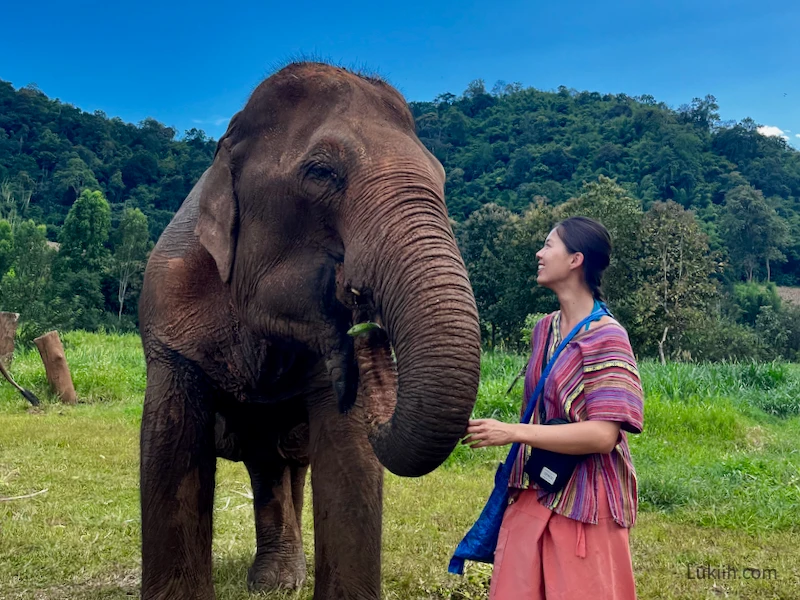Thailand’s elephant sanctuaries are pioneering ethical tourism, providing a safe haven for elephants rescued from logging and tourism industries. These sanctuaries offer visitors a chance to observe elephants in natural settings, promoting conservation and animal welfare.
Sanctuary Spotlight: Phuket Elephant Sanctuary
A New Life for Rescued Elephants
Phuket Elephant Sanctuary, endorsed by National Geographic and World Animal Protection, is at the forefront of ethical elephant tourism. The sanctuary features a 600-meter canopy walkway, allowing visitors to observe elephants from above as they roam freely across 30 acres of lush, tropical land.
Ethical Practices in Elephant Care
Chain-Free Environments and Natural Behaviors
Wildlife Friends Foundation Thailand (WFFT) runs Asia’s first completely chain-free elephant sanctuary. This approach allows rescued elephants, many of whom have experienced decades of abuse, to roam, socialize, and engage in natural behaviors without restrictions.
The Elephant Nature Park Experience
Witnessing Elephant Bonds and Rehabilitation
At the Elephant Nature Park, visitors can observe the strong bonds formed between elephants. This sanctuary also rescues dogs, offering a unique opportunity for visitors to engage in animal welfare activities beyond elephant conservation.
Conservation Challenges
Balancing Tourism and Elephant Welfare
With an estimated 2,200 wild elephants remaining in Thailand, sanctuaries play a crucial role in conservation efforts. These ethical havens provide alternatives to harmful practices like street begging and logging, which have historically endangered elephant populations.
Supporting Ethical Elephant Tourism
How Visitors Can Make a Difference
Visitors can support these sanctuaries through ethical tourism, donations, and volunteer work. By choosing accredited sanctuaries, tourists contribute to the well-being of rescued elephants and promote sustainable, responsible wildlife tourism in Thailand.









